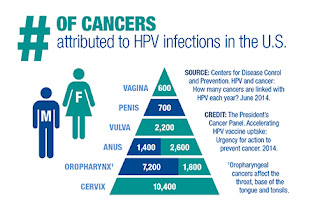Financial Fitness 411
A couple of weeks ago, I was lucky enough to take part in a Wellness
Wednesday workshop titled “Financial Literacy 101”. The speaker, Dominica
Scibetta, did such an incredible job providing the attendees with important
knowledge, that I felt a desire to pass it on to my fellow 49ers.
As students, we have all struggled or are struggling with
our finances. Becoming financially fit is important in every aspect of life.
For instance, when trying to purchase a car, or rent an apartment, finances
play a big role. Money problems are often the main cause of stress in
relationships and student loan debt is at an all-time high across the nation. No
matter how little or how much money you have, being smart with your money can
reduce stress. This is the time to learn a few tips to stay financially fit.
1)
Track your
income for one month. Any money that you receive, put it on the spreadsheet!
If you work in the service industry and collect tips, start tracking the amount
of tips you get on a daily basis.
2)
Track all
of your expenses for the week (Or month). Track it on phone or by downloading a free
budgeting app like Mint.com. This gives you a starting point and helps you see
where it all goes!
3)
Create a
budget. Now that you know how you spend your money, create a budget
that includes the necessities (leave nothing out) and always try to save something.
See the following idea called the 80-10-10.
80-10-10 budget.
·
80% of your income is for necessities, such as
rent, insurance, phone bill, groceries and any other household expenses.
·
10% of your income will go into a savings
account. Having a small savings can be a stress reliever if any unexpected
events happen (like a flat tire, or parking ticket)
·
10% of your income can be used towards any
charity that you are passionate about. I know this may be difficult for some
students but I feel it is something we can all strive for in the future.
Many people don’t realize how much they are actually
spending on eating out and buying unnecessary things. After doing my own budget
tracking, I realized that I spent more than $200 eating out in just two weeks! This
was only eating out at places like Yogurtland, Subway and movie popcorn; no
groceries! Since keeping track of my finances, I have set my budget for eating
out to $50 and have yet to go over it.
Improving Your Relationship with Money
Talking about finances makes some people really nervous. If
you get worried when you think about it, start changing your attitude about
your relationship to money. Think positively and take control of your finances.
Learning to spend wisely and saving for the future (and emergencies) will help
you make big steps towards getting financially fit!
CSULB offers a lifetime financial fitness workshop and information online.
For more information on how to get Financially Fit, check out
this FREE resource: https://csulb.financialliteracy101.org/ Code: CSULB-ALL
By Keri Ichikawa



Comments
Post a Comment